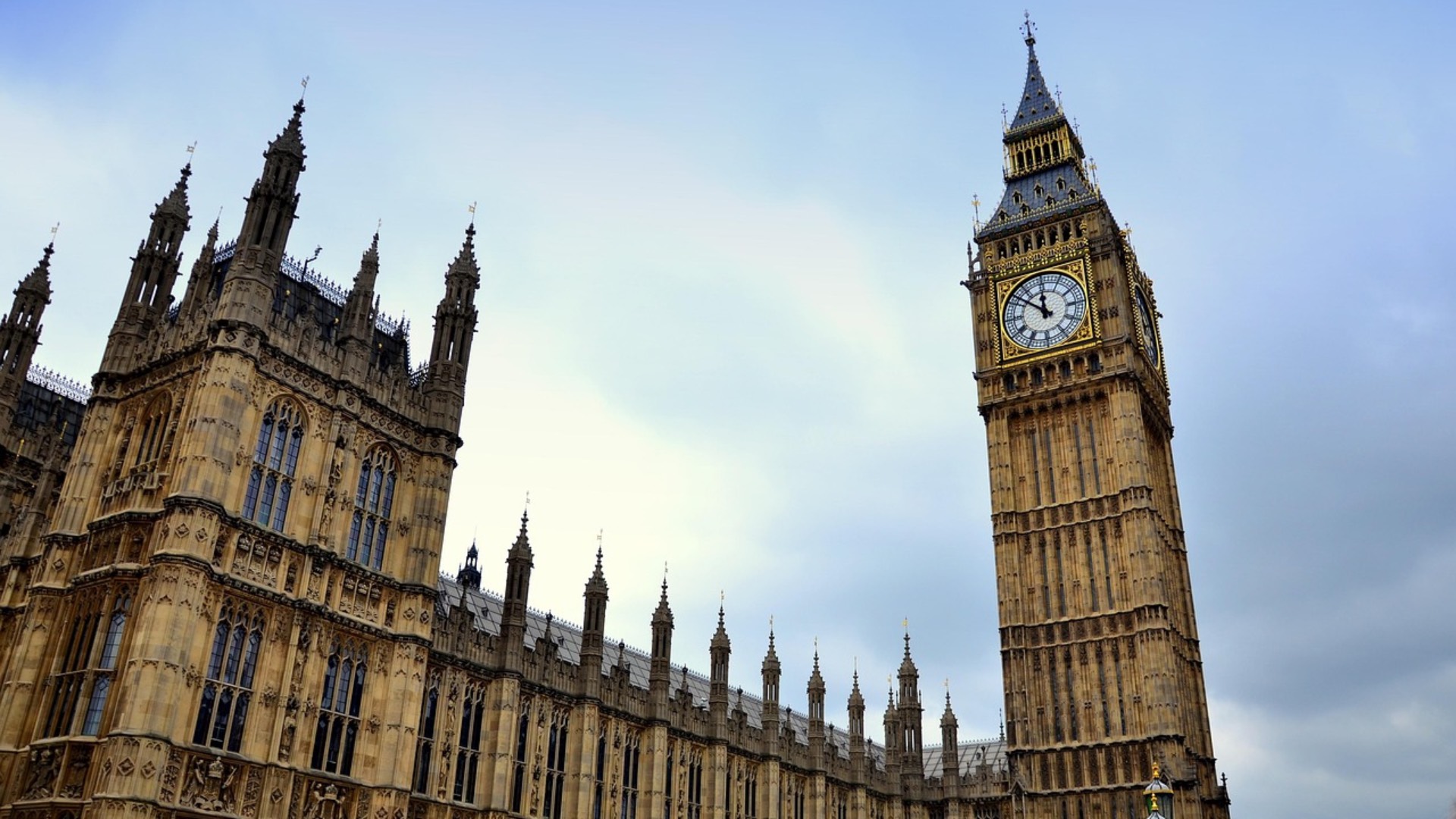Anti-LGBTQ+ hate crimes to be classified as ‘aggravated offences’ under UK law
"I am absolutely delighted that the government has listened to me and the cross-party MPs who supported this vital change in the law," Labour MP Rachel Taylor said
By Aaron Sugg

The UK government has pledged to equalise sentencing for anti-LGBTQ+ and anti-disability hate crimes by treating them as ‘aggravated offences’, in line with those targeting race and religion.
The announcement follows Wednesday’s debate of the amendment, led by Labour MP Rachel Taylor, which aims to ensure these offences are legally recognised as ‘aggravated’.
Stonewall CEO Simon Blake called the amendment “an important milestone towards achieving equality for LGBTQ+ people under the law.”
“LGBTQ people are feeling increasingly under threat” – Simon Blake
“We are very grateful to Rachel Taylor MP for driving this work in Parliament, particularly at a time when many LGBTQ people are feeling increasingly under threat,” he added.
Blake welcomed the government’s commitment to the amendment as the bill proceeds to the House of Lords.
On behalf of Stonewall, Blake said: “we will work tirelessly to hold them to their word.”
In a statement, Taylor said: “I am absolutely delighted that the government has listened to me and the cross-party MPs who supported this vital change in the law.”
“All hatred is equal” – Labour MP Rachel Taylor
She added: “All hatred is equal. And all those who commit vile acts of hatred will face the same grave consequences”
Taylor’s campaign gained backing from 104 cross-party MPs, with support coming from Labour, Liberal Democrats and Green Party members, who added their names to the amendment ahead of the debate.
If passed, the change will give stronger legal recognition and sentencing to anti-LGBTQ+ and anti-disability hate crimes.
In the UK, hate crimes can be prosecuted if motivated by race, religion, disability, sexual orientation, or transgender identity.
